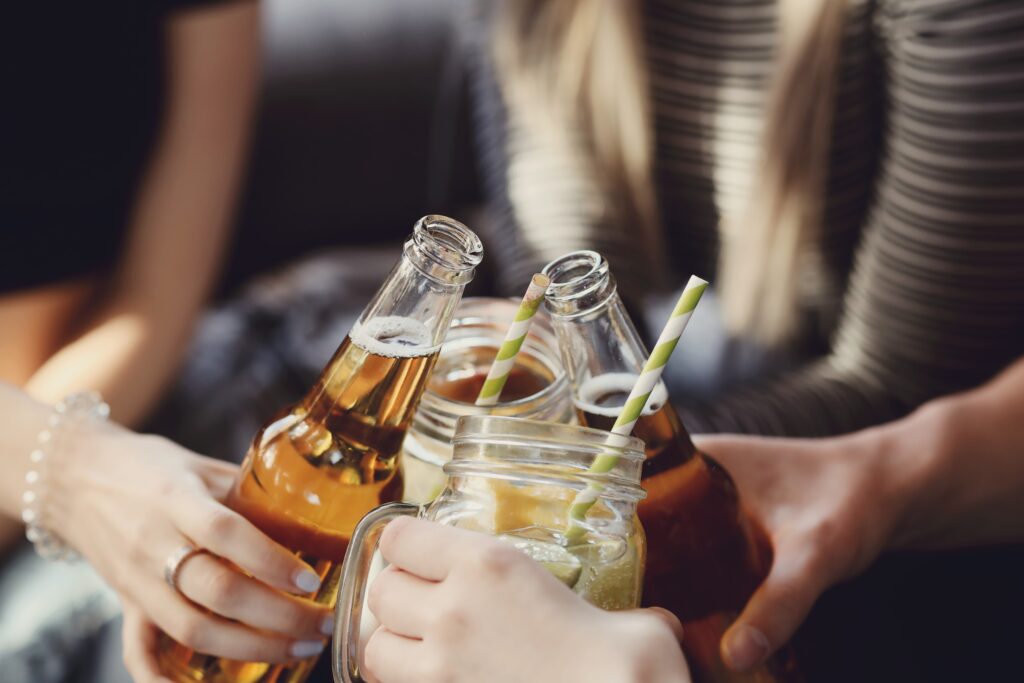When someone begins to drink alcohol excessively, it starts to impact their body, mind, and daily life, affecting not only themselves but also their relationships with friends and family. In such situations, detoxification becomes necessary to address the problem. Alcohol detox is the process used to rid the body of alcohol and reduce the strong urge to drink excessively. Its goal is to restore balance to both the body and mind, aiding in the recovery journey and easing the challenges of alcohol withdrawal.
Before the Detox Process:
Before beginning the detox process, several important considerations should be made:
- Choosing the Right Rehab Center: Selecting a suitable rehabilitation facility is the initial step in the recovery journey. Support from loved ones is crucial during this stage.
2. Type of Alcohol Detox: There are two primary types of alcohol detox:
3. Inpatient Alcohol Detox: This comprehensive approach involves staying at a detox facility during withdrawal. It includes medical supervision, medication to manage withdrawal symptoms, nutritional support, exercise, and psychological counseling.
4. Outpatient Alcohol Detox: This option allows individuals to receive treatment while staying at home. It’s more cost-effective and offers the comfort of being with family, but it requires strong support from loved ones.
5. Support and Aftercare: After detox, it’s essential to have a plan in place for ongoing support and aftercare. This may include therapy, counseling, and participation in support groups to prevent relapse.
During the Detox Process:
Alcohol detox begins when a person stops consuming alcohol. Withdrawal symptoms may occur, and they can be challenging to manage. These symptoms typically peak within 24 to 72 hours after cessation and gradually decrease in intensity over the following days. However, psychological effects may persist, requiring continued support and assistance.
Maintaining a Balanced Diet:
Proper nutrition is vital during alcohol detox and recovery. Avoiding unhealthy foods and prioritizing nutrition-rich options like fruits, vegetables, protein, and hydration fluids is essential. Caffeine intake should be limited as it can exacerbate cravings. Creating a meal plan or chart can help individuals track their eating habits and make healthier choices.
Building an Alcohol-Free Life:
Engaging in hobbies and activities that bring joy and relaxation can help fill the void left by alcohol. This could include arts, sports, or spending quality time with loved ones. Staying busy and connected with supportive friends and family members can provide emotional and moral support during this transition.
Final Note: Alcohol detox and recovery are challenging journeys, but they are achievable with the right support and resources. For those seeking help with alcohol detox and rehabilitation. Bliss Recovery offers a range of programs and support services tailored to individual needs. Don’t hesitate to reach out for assistance on the path to a healthier, alcohol-free life.

